Living consciously is about making choices that reflect awareness, responsibility, and genuine care for myself, others, and the planet, and it’s something that I’ve strived to do for many years now. This mindset draws from modern research in psychology, sustainability, and mindfulness, and has deep roots in spiritual traditions which are ingrained nowadays in everything I do. If I want to live more mindfully and sustainably, I can start with everyday decisions—from what I eat to how I use energy and interact with others. I’ve put together my ten favourite tips on how to live more consciously – each one has supported me at different points on my journey, and I hope they’ll help you too.

Whether you’re just starting on this adventure or looking to deepen your practice, these ideas can help you live with greater awareness and harmony with the environment.
1. Understand your ecological footprint
All our daily actions leave a mark on the environment, whether we like it or not. I dream of living in an eco house off grid, and although that is not so practical for me and my teenage children as yet, it’s still a dream. Understanding your ecological footprint is a great starting point wherever you are. An ecological footprint measures how much land and water you need to produce the resources you use and to absorb your waste, especially carbon emissions. The Global Footprint Network provides useful calculators so I can see the impact of my lifestyle choices (Global Footprint Network).
Staying informed about your ecological footprint helps can help you see which habits, like driving petrol cars or eating lots of meat, use up more resources. The UN’s 2023 Emissions Gap Report highlights how cutting personal emissions is important for slowing climate change (UNEP). Whether that’s walking to the shop more often, lift sharing or getting on public transport – these are ways that I’ve used to help me make more conscious choices that have less environmental impact.
2. Choose food with awareness
I know that the food I eat directly affects my health as well as the planet. Plant-based diets are associated with lower carbon footprints and reduced water use, according to a 2022 review (Nutrients review). Reducing animal products, buying organic where possible, and choosing local, seasonal produce are simple steps to eat more mindfully. Although I am not totally vegetarian, I choose to eat less meat years ago and I now try to grow my own food too, with fluctuating success!
I also try to cut down on food waste by planning meals, storing food properly, and composting scraps. In their latest full report, WRAP UK notes that Britons throws away the equivalent of 10 billion meals, which is three meals for each person in the UK every week! (2022 data – see WRAP). This is a staggering amount and paying attention to this helps both the environment and my budget.
Additionally, I check out community gardening projects or local food cooperatives, which often provide affordable options for fresh produce. Participating in these efforts connects me with neighbours and deepens my understanding of sustainable food systems. You can also contribute to these schemes if you have left-over food too.
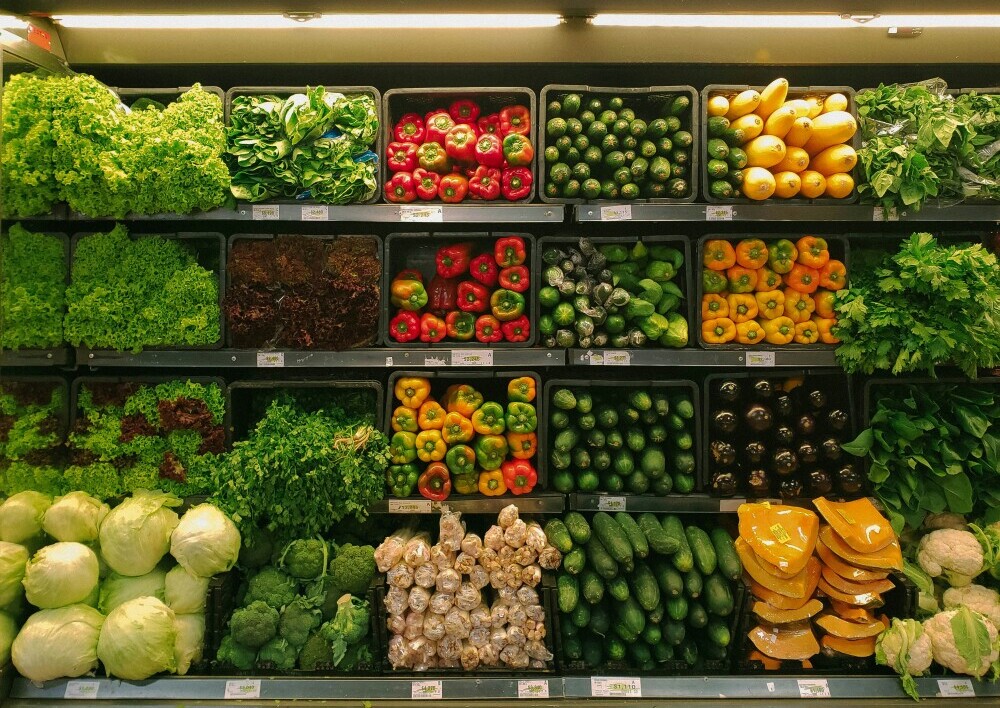
3. Buy less and buy more consciously
I used to do what my mum did – one massive weekly shop but that stopped as soon as I realised how much we were wasting! Mass production encourages overconsumption, which drives pollution, waste, and labour exploitation. Nowadays I rarely do a ‘big shop’ and we often go out on the day to buy food for the things we want to cook that night.
When I shop, I also ask myself if I really need something and this has meant that I have reduced the clothes in my wardrobe by at least half. If I make a purchase, I try to put priority on fair trade, ethical brands, recycled materials, and durable products with minimal packaging. I love our local refilling shops and invested in glass jars to keep all the staples like cereals, pasta, flour etc that we can refill.
The Fashion Revolution movement reminds shoppers like me to consider the story behind an item: who made it, with what materials, and under what conditions (Fashion Revolution). I urge you to read this if you are a follower of fashion, and look behind the labels you buy. I’m not trying to be preachy, but just to raise awareness. This approach brings more meaning to purchases and helps cut down our environmental impact.
“Living consciously isn’t about being perfect – it’s about being present.”
Thrifting, swapping clothes with friends, or upcycling old items are also creative ways to embrace conscious buying. This reduces waste and lets me express my personal style in new, eye-catching ways.
I love upcycling things and my daughter loves creating new clothes from anything! Bedspreads and curtains are her favourite, so we’re following in the footsteps of Maria from “The Sound of Music”!
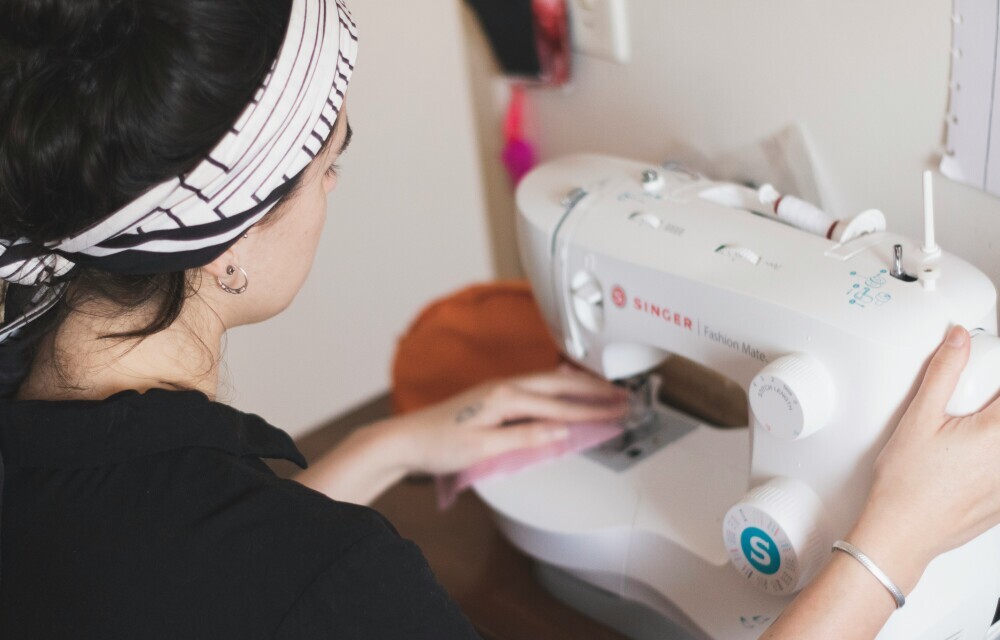
4. Practice energy mindfulness
Now this is a big one for me and I’ve made great progress to make my home more efficient by old swapping oil heaters for radiators, changing my energy supplier and looking into heat pumps and water recycling. Household energy use is a major source of carbon emissions. I find it valuable to use energy thoughtfully by turning off unused appliances, switching to LED lights, and hanging clothes instead of using a dryer. The UK Energy Saving Trust suggests that these small changes, when combined, can add up to real reductions in national emissions (Quick Tips To Save Energy).
Switching to renewable energy suppliers, fitting insulation, and installing solar panels are good options for homeowners wanting to set a positive example. If you rent, you can still advocate for energy efficiency by talking to your landlord or joining local campaigns.
Even simple habits, like boiling only the water I need or unplugging chargers, can add up and help me shrink my energy use without sacrificing comfort. But getting my children to follow my lead… well that can be another issue, but one that I’m still willing to tackle head on!
“You don’t need to go off-grid to live with intention – just start where you are.”
5. Connect with nature regularly
This is probably the easiest practice I do. I love the outdoors as my children will tell you and I’m always in the garden doing something” Spending time outdoors comes with proven benefits for mental health and the awareness of the environment around me. Research from the University of Derby shows that spending just two hours a week in natural spaces helps reduce anxiety and increases life satisfaction (Derby Nature Connectedness Research).
I try to walk in local parks, care for houseplants, or simply sit quietly on my swingseat under a tree in the back garden. It’s my happy place! Tending a small garden or volunteering for park/beach cleanups can bring you closer to nature. This connection helps me care more deeply for our wonderful planet and inspires me to take action for our shared home. I love it, I love it, I love it! And just to show you what I mean… here are a few of my own garden plants!
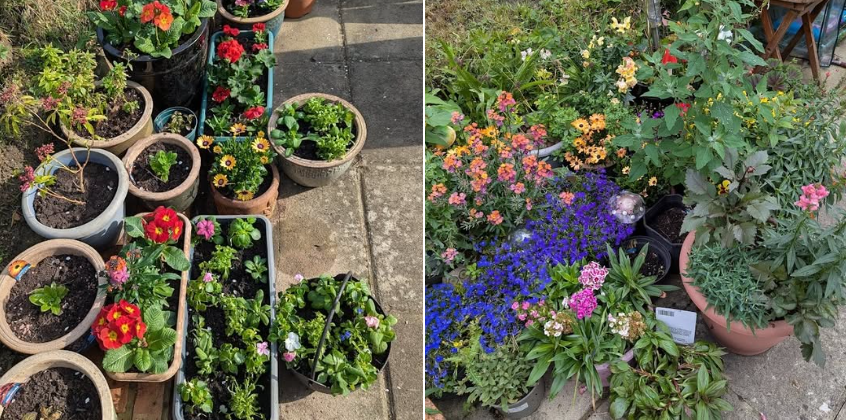
6. Make mindful digital choices
Digital life is a big part of my daily routine, since I work online, but it also consumes energy and creates electronic waste. Streaming, cloud storage, using AI and email all come with a carbon cost. Research estimates that by 2025, the IT industry could use 20% of all electricity produced and emit up to 5.5% of the world’s carbon emissions. That’s a huge amount but there are ways to try to limit the impact of the digital world.
Try to limit unnecessary screen time, clean up old files, recycle devices properly, and support companies with strong environmental policies. Getting rid of digital clutter also makes life feel less overwhelming. By being thoughtful about your tech habits, you can give a boost to both the environment and your own personal well-being, not to mention reducing landfill, increasing recycling and opportunities for less developed countries to benefit from disguarded tech.
Switching to devices known for energy efficiency and exploring shared community resources, like public computers at libraries, can also help ease the digital load although since I often work at 2am, that’s not always possible!
7. Nurture self-awareness and emotional balance
Living consciously definitely means paying attention to my inner world. Mindfulness, meditation, and breathwork are proven tools that I use on a daily basis to help me stay present and manage my stress AND that of the people around me. There’s lots of evidence for this and you can read more in my article on Beginner’s Guide To Meditation and its Benefits.
I find journaling, checking in with my emotions, or practising gratitude are things that are enriching as daily habits. These practices help me respond instead of react, making space for thoughtful action and I do practice them daily.
On tough days, I lean on guided meditations or reach out to supportive friends. This strengthens my resilience over time and lets me act with kindness and honesty.
8. Build conscious and compassionate relationships
When people think about conscious living, they often focus on recycling, reducing waste and many of the points that I’ve listed above. But conscious living also includes being conscious about the relationships we are creating around us, with our family, friends, neighbours and people we don’t even know yet.
Relationships shape our well-being and ripple outwards to affect the wider community. Many a person who has had a near death experience (NDE) reports just how important the way we treat other people becomes when they are having their life review. Not only do they review every moment from their life how they felt, but they also get to experience and feel the pain or joy they cause in other people too. And they don’t come back wishing they’d made more money, but wishing they’d learned to spread more love and connect with others more. (Read more about NDE’s in my post on life after death and NDEs here. )
Practice active listening, empathy, and offer genuine communication to all you encounter to strengthen your own connections – whether with your spouse, your children or the hundreds of strangers you meet every day. They are all reaching out for more connection, more love and acceptance. A recent study by Harvard suggests that strong, positive community relationships are key drivers for happiness and healthier lives (Harvard Happiness Study).
I always try to be honest, patient, and kind in all y interactions and treat people as I would like to be treated. The old Mrs Doasyouwouldbedoneby rules from “The Water Babies”. I volunteer for a local mental health awareness project which is an area of personal interest for me, and it allows me to nurture an environment of connection and support in my extended environment.
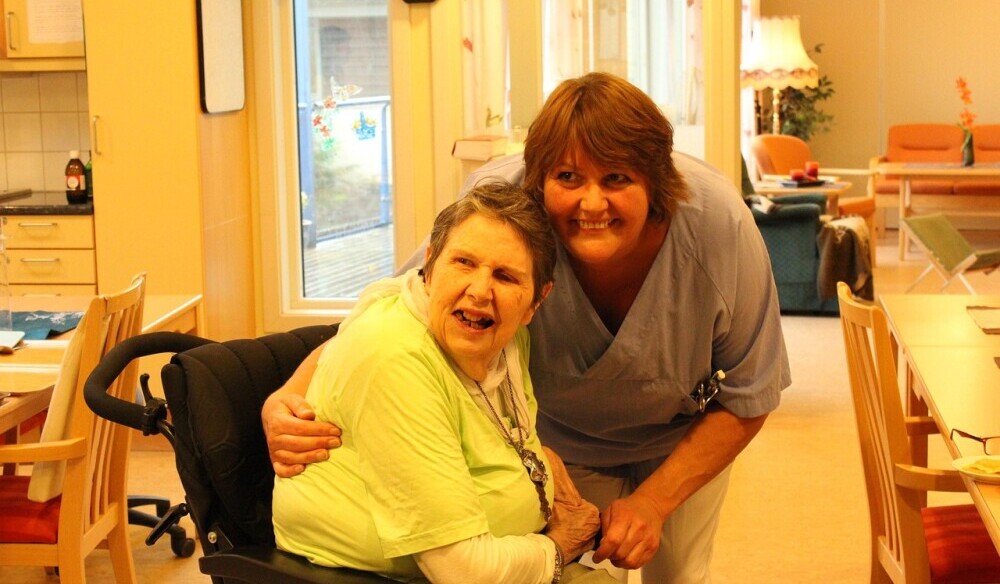
9. Take responsibility for waste
Waste, especially plastic and electronics, poses a real threat to wildlife and ecosystems and we have been warned of the environmental impact of these for years. I use reusable bags, bottles, and containers, and I separate my rubbish for recycling. It’s not rocket science, but it is something that I can do on a small scale every day. Do I always get it right? No. Am I a perfect recycyler? No. But I TRY! I make the effort and I’m sure there is much more I could do. But I don’t beat myself up for not being perfect, I only try to be a little better tomorrow than I have been today. That’s all anyone can ask.
According to Greenpeace, only around 17% of UK plastic is actually recycled (Greenpeace UK), and billions of items are still being thrown away, which means reducing use altogether is critically important. Again, you can start small, but the one thing you must do, is START!
Repairing, upcycling, and disposing of old tech the right way helps keep landfills clear. Joining local clean-up projects adds to the well-being of the broader community and is a positive way to connect with others who share similar values.
I also stay love investigating new local zero waste shops, which offer creative, eye-catching solutions to everyday plastic waste so look around your own area and see what you can do.
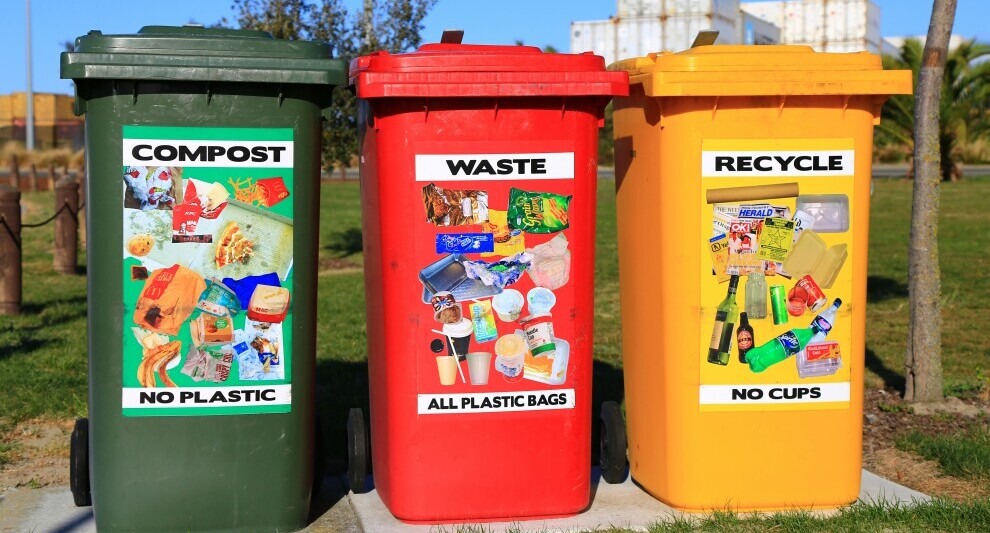
10. Lifelong learning and adapting
Being a teacher for most of my life, this is somthing that I’m passionate about ‘with bells on’. It doesn’t matter what you learn as long as you are learning something and adapting as you go. Life is an evolutionary process so change and growth are inevitable – how long it takes is down to you!
Living consciously is also lifelong practice. We need to keep learning from the latest research, new spiritual teachings, and listening to other people who are walking this path. The Conscious Living movement is constantly getting a ‘glow-up’, with new resources from groups like the Community for Conscious Living and Positive News Magazine (Community for Concsious Living and Positive News). Here at The Creative Choice, we encourage you to choose everything about your life – including what you allow to come into your awareness.
By staying curious and willing to adjust, you can continually make better choices, whether that’s about what you buy, how you treat others, or how you take on challenges. This growth mindset is the true foundation for conscious, sustainable living in our modern society.
Finally, living consciously isn’t about getting everything right all the time – it’s about caring enough to keep learning, adjusting, and choosing love over autopilot. I’m not perfect (who is?) but every time I pause, reflect, and act with intention, life feels a little brighter and more aligned.
I’d love to know which of these you already practise – or which one you’ll start today. Let’s keep growing together, so…
Let me know in the comments below!

Related posts
How to declutter your home and clear your mind
How to grow a medicinal herb garden
How to be the change you want to see


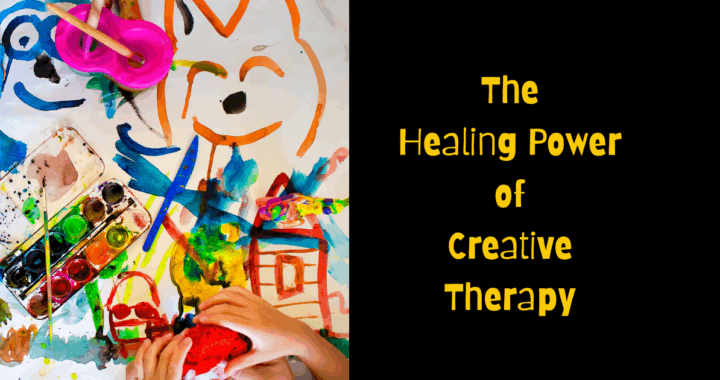

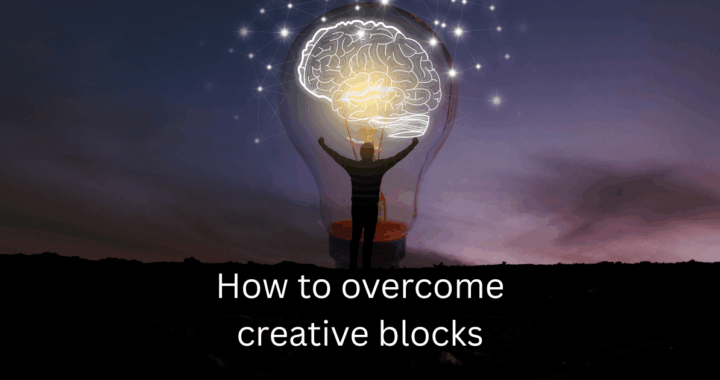
I just finished reading your article on how to live more consciously, and I have to say, it really touched me. The way you break down the concept into actionable steps makes it feel approachable, even for someone like me who’s just beginning this journey. Your emphasis on understanding our ecological footprint and making mindful choices about food and consumption opened my eyes to areas I hadn’t considered before… I was also really shocked at how many meals are being thrown away everyday! It’s really mindblowing…
The idea of reducing food waste by planning meals and composting is something I hadn’t thought much about, but it makes so much more sense with the statistics you had given. Also, your point about buying less and choosing more consciously has inspired me to reevaluate my shopping habits and to really plan my weekly shopping.
I’m curious, though—how do you suggest starting to implement these changes without feeling overwhelmed? Are there specific steps you’d recommend for someone just starting out? I’d love to hear more about how you began this journey and any tips you have for newcomers.
I thank you for sharing your insights and experiences. It’s encouraging to know that small, intentional changes can make a significant impact.
Hi Safia. Great to meet you and thanks so much for reading the article and leaving your thoughts. To answer your question, I don’t think there is any right way to do this except to start doing something. You can start small by just tackling one thing at a time, such as food waste or shopping habits. Then you will find that those things usually become a habit and you no longer need to think about them. Then you can move on to something else. The research really does emphasise small changes adding up to bit differences if we all do them. So don’t be overwhelmed, just start small and go from there. It’s all any of us can ever do. All the best. Gail
Gail,
What stands out for me from your article is that living more consciously isn’t about chasing perfection, it’s about gently steering your choices to align with your inner compass. It might start with paying attention to a single breath, but it can lead to a fuller, more meaningful life that feels authentically yours.
I have a few questions if I may?
Do you choose a regular reflection or meditation time, or notice small moments of stillness like mindful walks or even chores?
Have you identified what truly drives you, like creativity, connection, or environmental stewardship and found ways to weave those into daily actions?
Could decluttering my space, reorganising commitments, or releasing mental baggage free up energy for what matters most to me?
Kind regards,
Martin
Hi Martin. Good to see you and I’m glad that you found something useful in the article. I honestly do think that if you try to do everything perfectly all at once, then you’ll end up failing and giving up, so slow and steady is my motto. To answer you question, wow, you have opened up a whole applecart but I’ll try to be brief. For me, following your passion is what we came to Earth to do, whatever that is, and it is different for everyone. For me, I have spent my life in the performing arts and creative industries and this has all been alongside my spiritual practices which I’ve done since a very early age. When you release the expectations of other people, however well-meaning those people were, like parents and teachers, and allow yourself to follow your own path, then the world opens up because you are doing actions inspired by your higher self, not anyone else’s. You might like to read another article about finding time for spiritual practice in a busy life – I think it may have some of the answers you seek. All the best. Gail